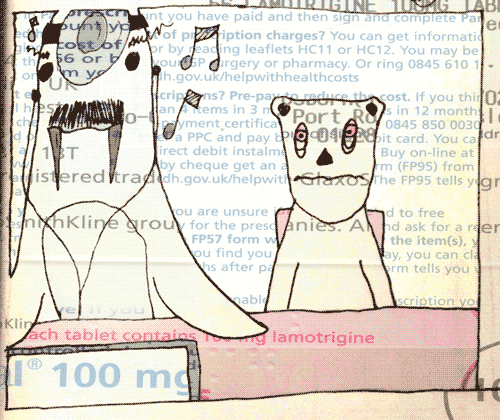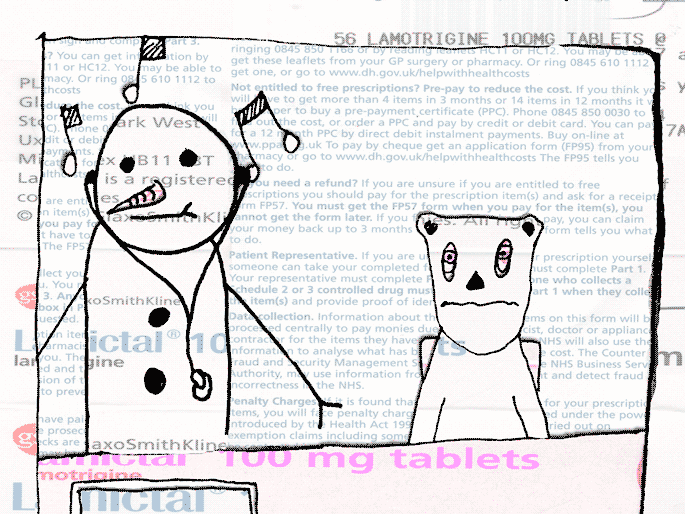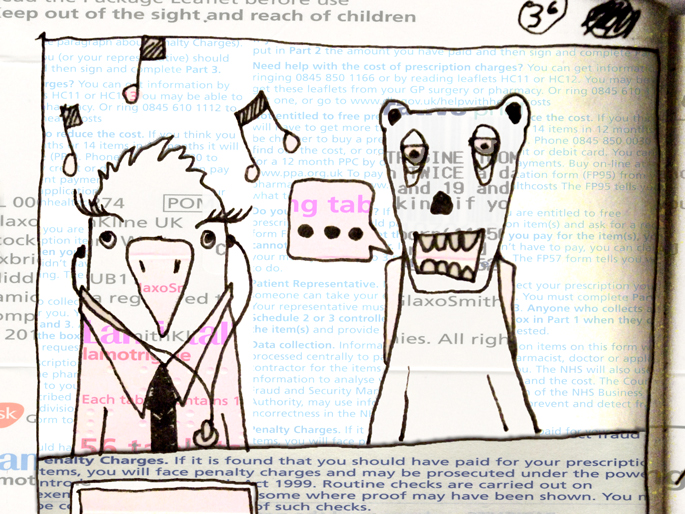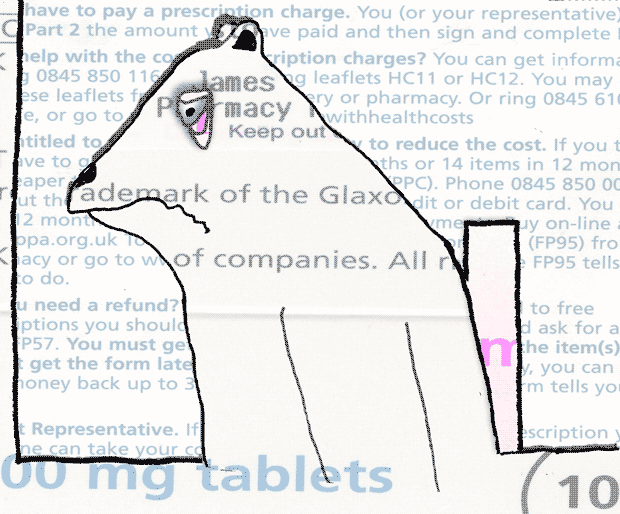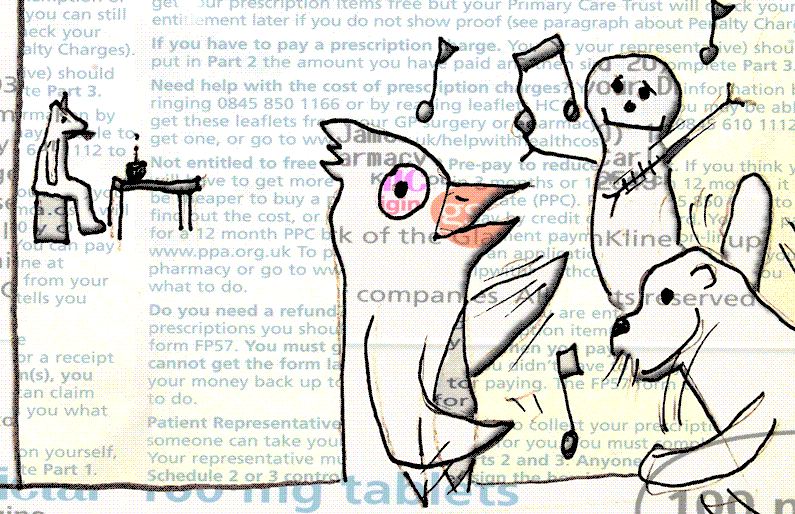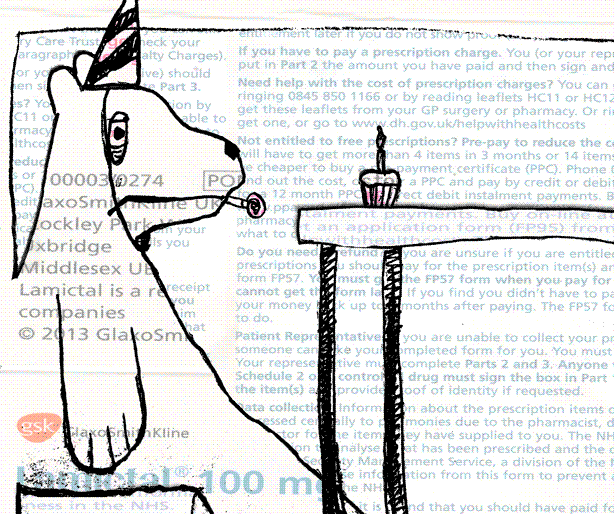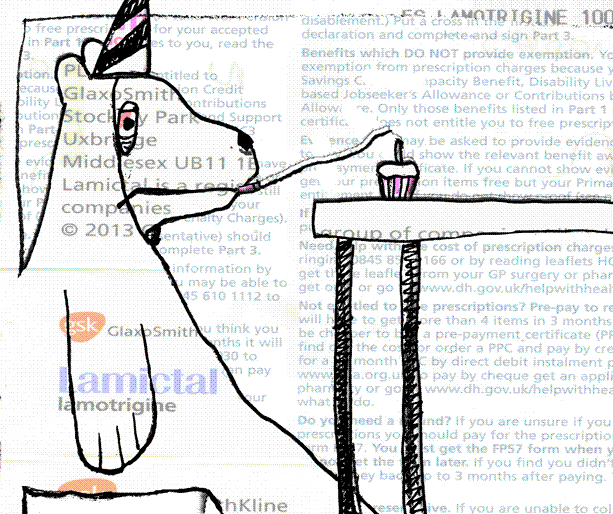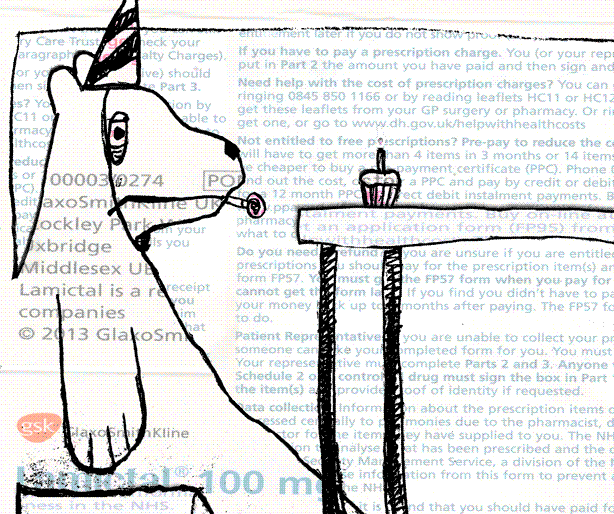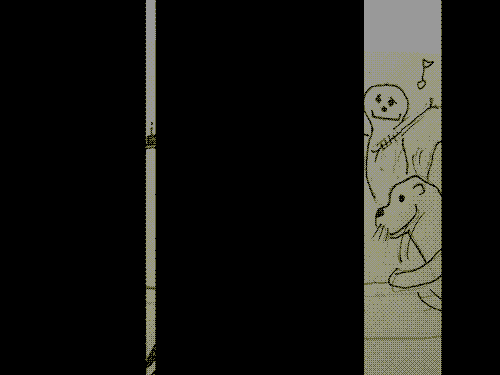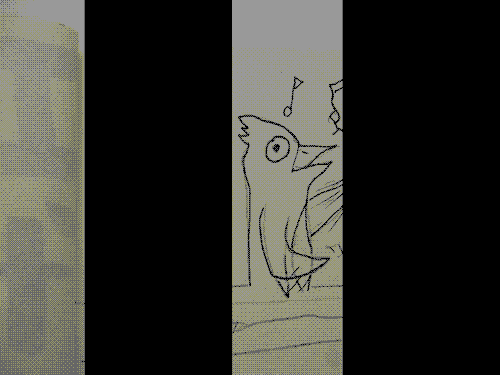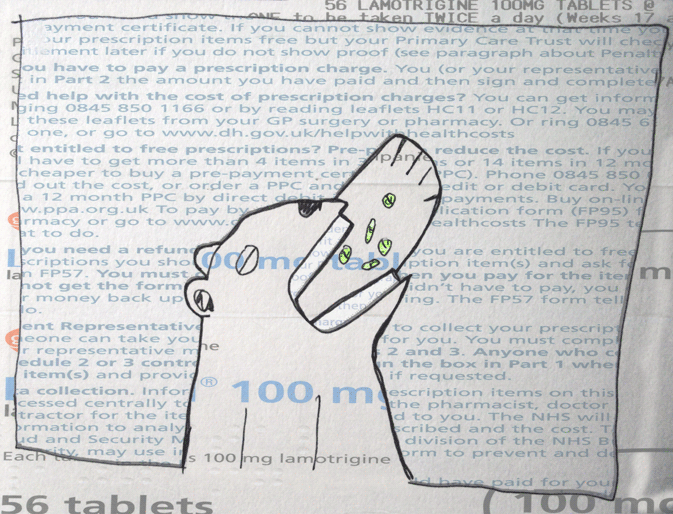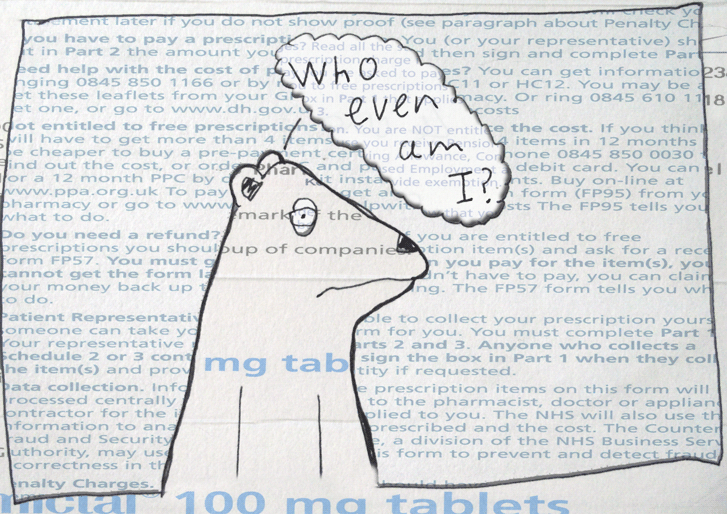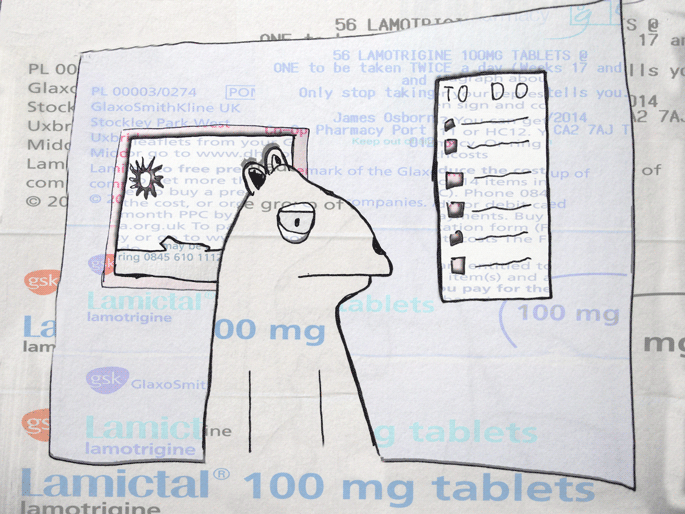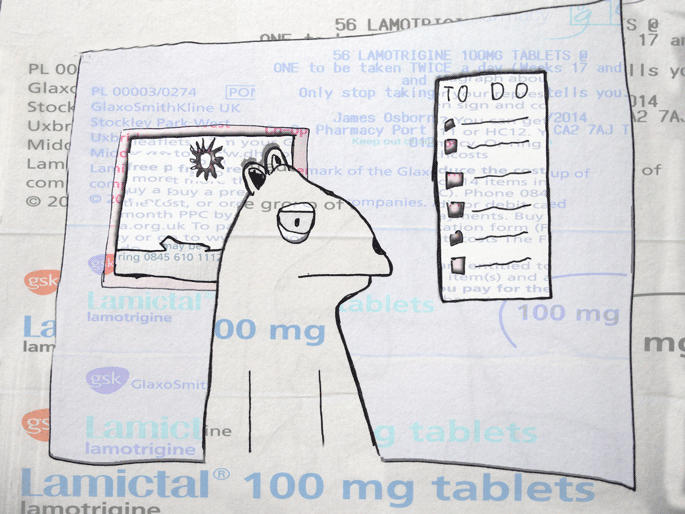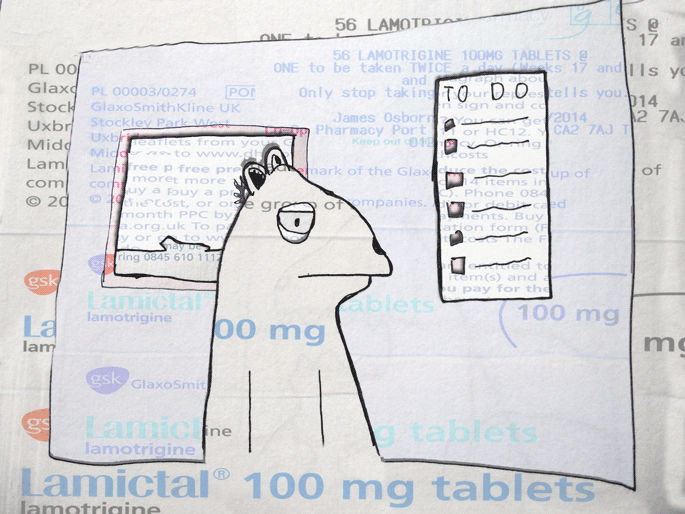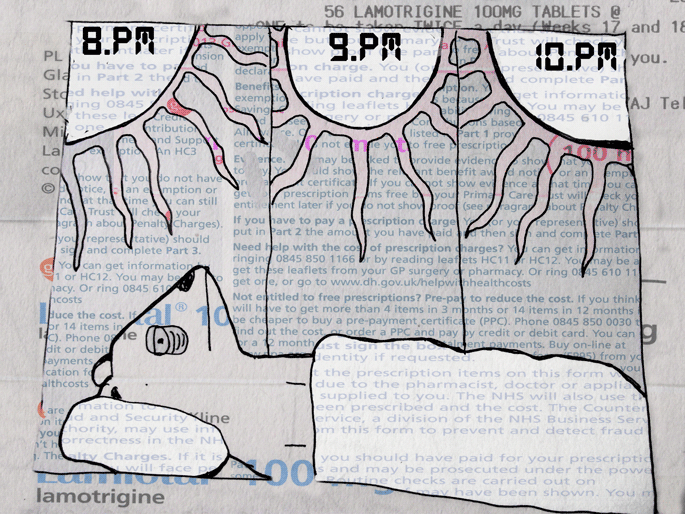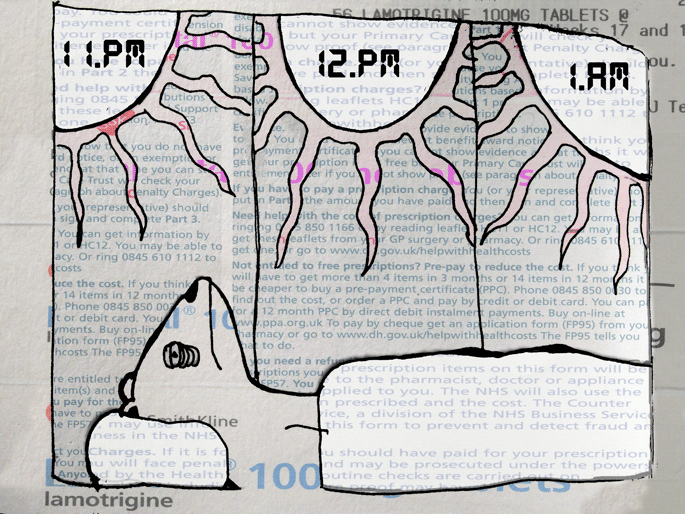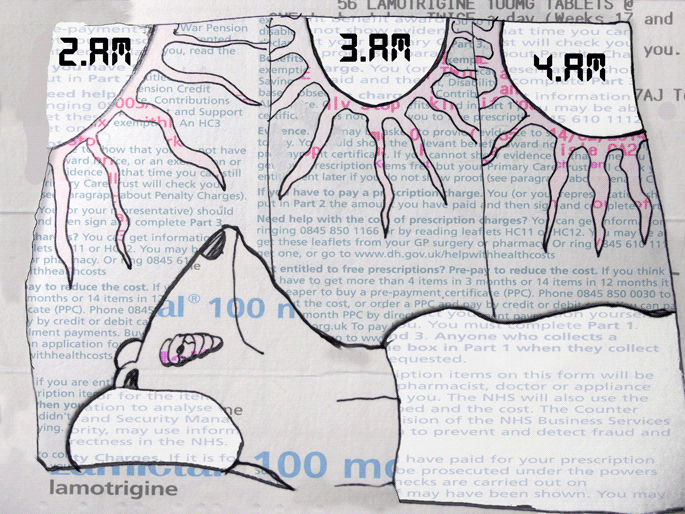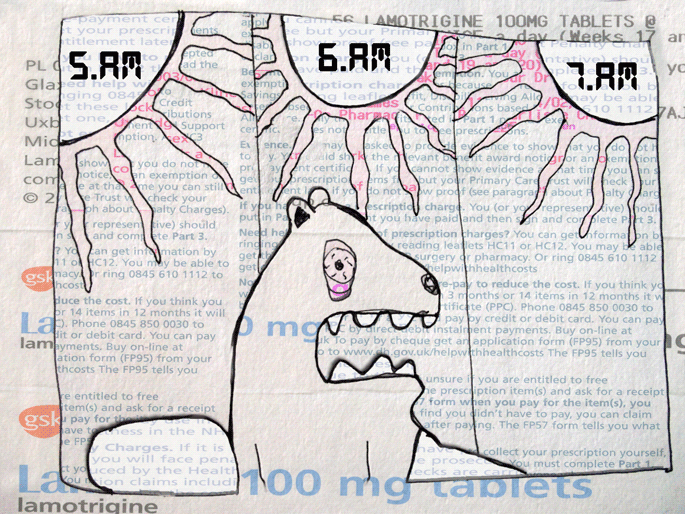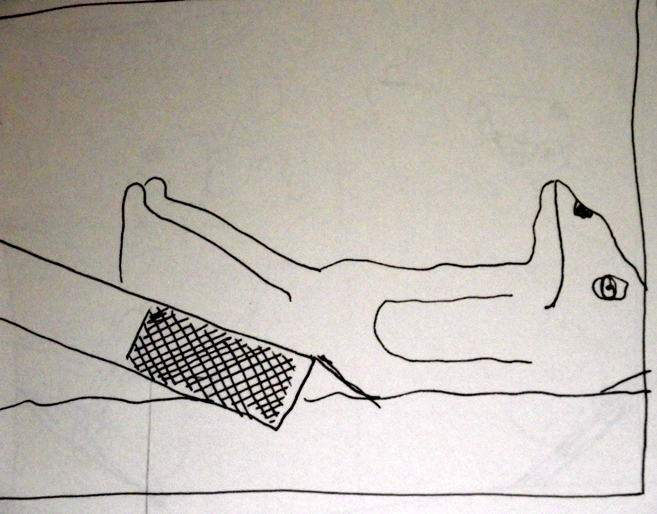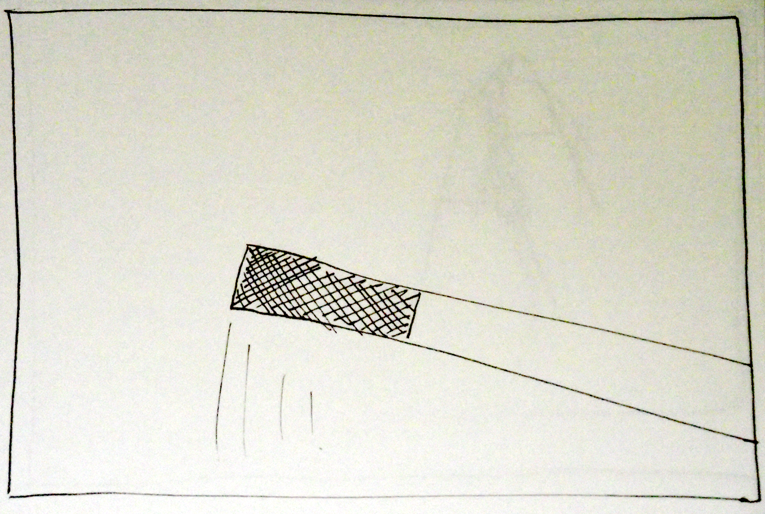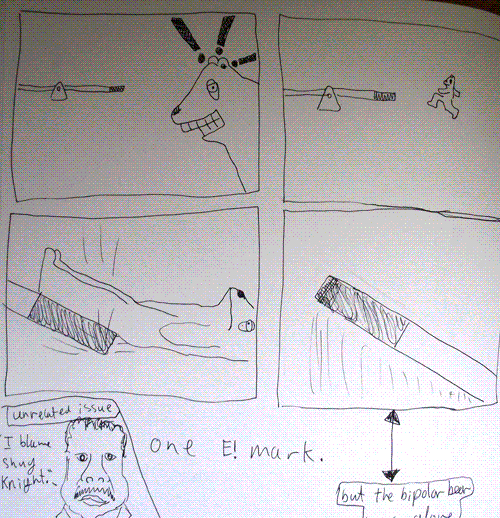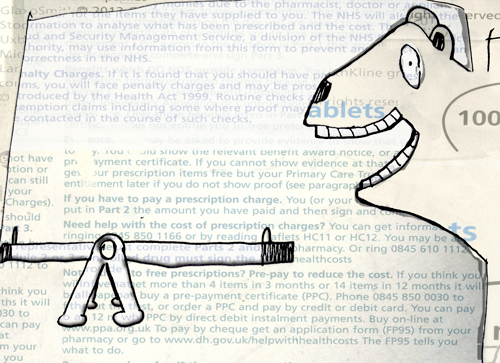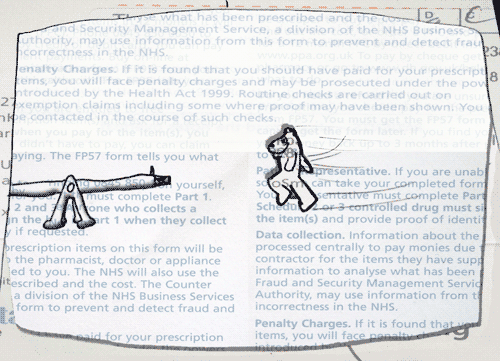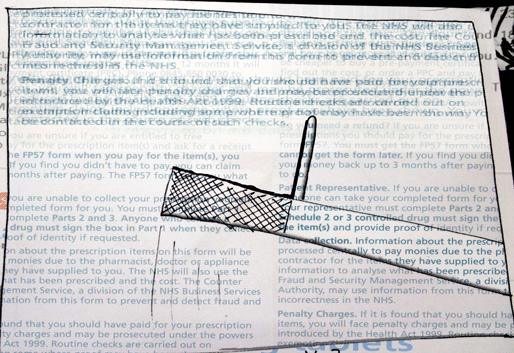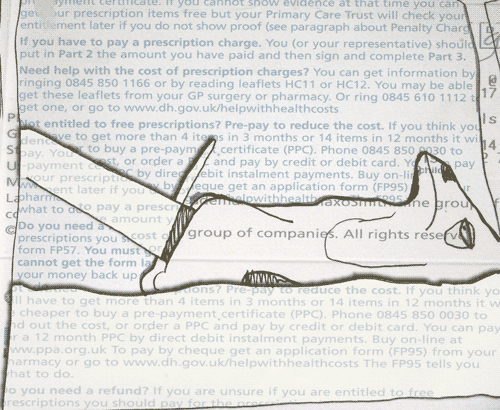The writer Joseph Dempsey Interviewed me a few days ago here is the result.
We all handle mental health problems differently. Some of us seek counseling, others try to put a brave face on things. For many more, depression proves to be a challenging obstacle to overcome, the recovery from which likely to take time, energy and work.
For illustrator James Osborn, that’s particularly true. James has been working through his illness by creating a series of comic strips that convey a number of issues, from listlessness and apathy through to mania and isolation. Central to his unique sketches is Nanook, an amorphous polar bear dealing with the various issues that come with having a mental illness.
I asked James about Nanook, the creative processes behind its creation, and discovered how the sketches can help educate those looking to gain a more comprehensive understanding of mental health problems. And, in the month we celebrated World Mental Health Day, I asked, is depression still a stigma in today’s society?
1. How did you come up with the idea for ‘Nanook the Bipolar bear?
It was during a conversation, I can’t remember who with, but we were saying it would be good if there was a way for me to deal with having Bipolar through Illustration, which is one of my main passions. I love play on words and puns so very quickly the Bipolarbear was created. I then set about learning as much as I could about Polar Bears, mental illness, and the North Pole. The name Nanook translated roughly from one of the Inuit languages as ‘of the north’. Many countries around the North Pole (e.g. Russia, Iceland and many of the Scandinavian countries) have similar words meaning roughly the same thing. I chose it because it sounded cool when I said it out loud. There are legends all through the colder regions to the north of a giant Polar Bear god, and an expedition team actually found some skeletons that were much larger than normal Polar Bears. It’s really interesting if a little off topic.
2. What creative processes do you go through in creating the comic strip?
Well when I started I was at Uni and together with my tutors we came up with briefs for the first four. We started with an aspect of Bipolar Affective Disorder that is misunderstood or even unknown and trying to communicate it in a way that connects with people. I’ve carried on with that process since. It’s like I see a gap so I fill it. Then aesthetically I wanted to use pill packaging because medication in one of the hardest things for someone with any kind of depression to adjust too. I feel a need to represent my message with the aesthetics as well as the story line.
3. What do you hope to achieve from the comic strip?
It started because I wanted to deal with things myself and get to know the illness. Things very quickly it became about education, humour, and communication. My aim is to help those with mental health issues as well as educating others.
4. Some of your comics are quite humorous, like the see-saw sketch. Does creating a fictional character help with your mood?
Humor is essential without jokes and puns it’s very easy to give up. It’s also good science. Bipolar is caused by a chemical imbalance in the brain laughter releases some of the chemicals that the bipolar brain is short on. However I chose to use humor because it’s one of the most effective ways to communicate and educate (something I think 99 percent of school teachers forget). I was inspired by newspaper comics like Garfield with its dry kind of humor. As for the see-saw sketch, everyone loves a bit of slapstick every so often.
5. How do you feel mental health issues are treated in today’s society? Is it still a stigma, or do people have more compassion and understanding than they used to?
I think it depends on your immediate social group or family. I know my ex’s Dad believed I should keep it a secret and not tell anyone but a lot of my friends are really open about their mental illness. In the social group I was part of at Uni I was accepted and I wasn’t treated with any disrespect. I know some people have been treated very badly and I myself have known occasions when my opinion has been discounted because I have a mental illness. There are a large amount of backward groups in society that unfortunately can’t seem to accept others for who they are. I find often in my experience that discrimination against those of us with mental health problems is interlinked with racism and homophobia. It’s usually groups who can’t accept anyone who is different from themselves that don’t accept those with depression etc. (in my experience).
I like to hope my generation will change that.
you can find Joseph’s other workon his blog HERE
He is also on twitter
@Joseph_Dempsey
enjoy.
